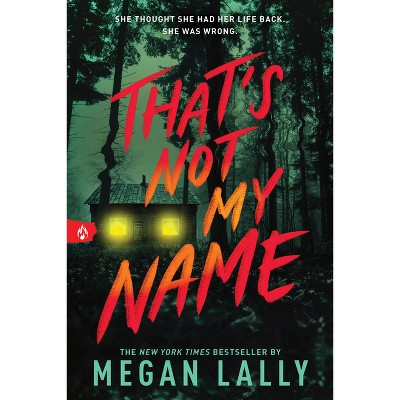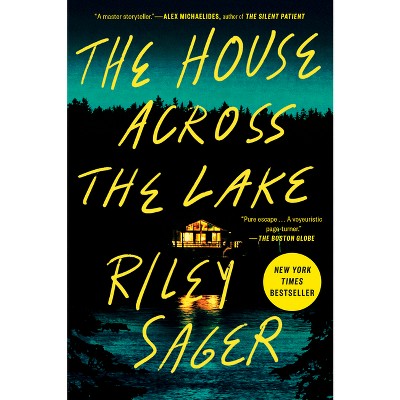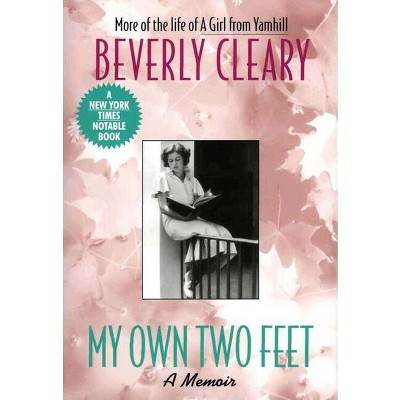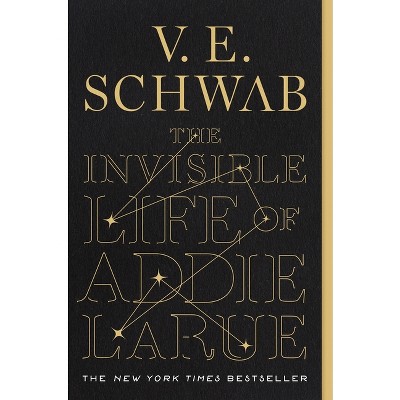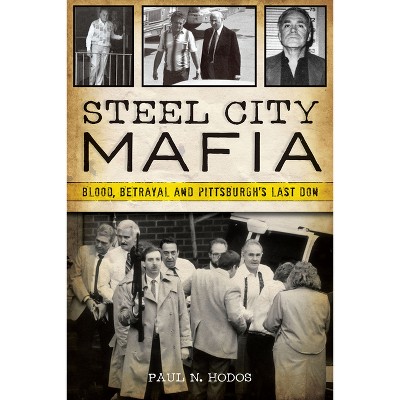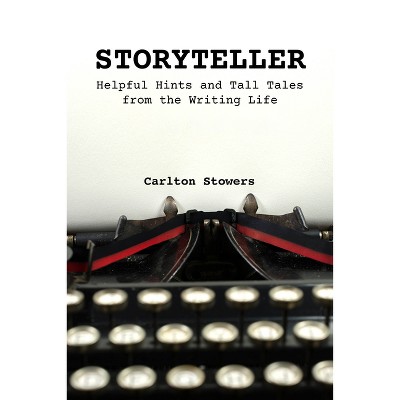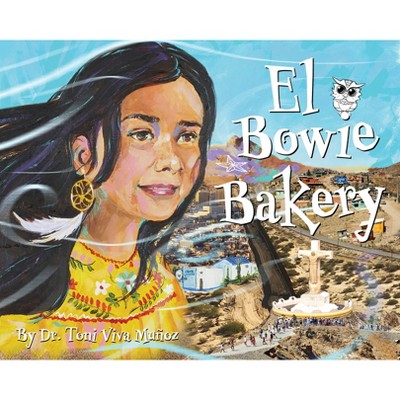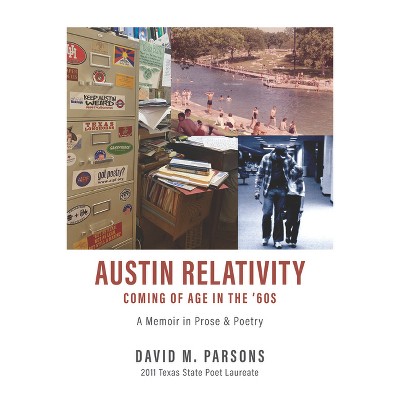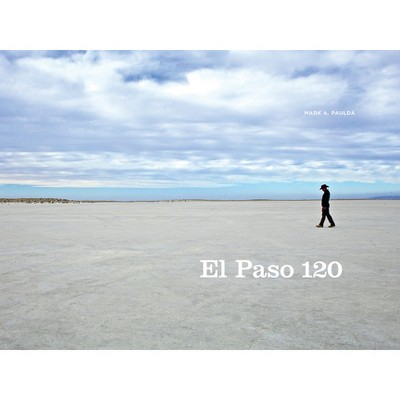Sponsored

Killing Cynthia Ann - by Charles Brashear (Paperback)
In Stock
Sponsored
About this item
Highlights
- The saga of Cynthia Ann Parker is well known to historians of the Texas frontier and readers of historical fiction.
- About the Author: CHARLES BRASHEAR, a retired professor of creative writing, grew up in Comanche country on the south edge of the Llano Estacado in West Texas.
- 215 Pages
- Fiction + Literature Genres, Historical
Description
About the Book
The saga of Cynthia Ann Parker is well known to historians of the Texas frontier and readers of historical fiction. Kidnapped from Parker's Fort near Mexia by raiding Comanches in 1836, she was completely assimilated into the Noconi band. She married tribal leader Peta Nocona and bore him two sons, Quanah and Pecos, and a daughter, Toh-Tsee-Ah. Late in 1860, she and toddler Topsannah (as the whites called her) were recaptured by Texas Rangers and returned to "civilization" and the extended Parker clan.
Cynthia Ann never adapted to white culture. She was shunted from one Parker family to another, living in constant grief and doubt--about herself and her daughter and about the fate of her Comanche family still on the prairies. Convinced she was a captive of the Texans, Cynthia Ann was determined to escape to the high plains and the Comanche way. The Parkers neither cared for nor understood Cynthia Ann's obsession with returning to her homeland and her people.
Charles Brashear's thoroughly researched and vividly realistic novel, Killing Cynthia Ann, tells the story as it might have happened and turns it into a compelling and unforgettable drama.
"Basing his fictional speculation on a careful reading of the historical record, Brashear chronicles the heartbreaking descent into despair of a proud woman who could not forget her warrior husband and two sons. . . [The public] will appreciate this engrossing novel, which can also supply a personal perspective to supplement history texts."--Library Journal
Book Synopsis
The saga of Cynthia Ann Parker is well known to historians of the Texas frontier and readers of historical fiction. Kidnapped from Parker's Fort near Mexia by raiding Comanches in 1836, she was completely assimilated into the Noconi band. She married tribal leader Peta Nocona and bore him two sons, Quanah and Pecos, and a daughter, Toh-Tsee-Ah. Late in 1860, she and toddler Topsannah (as the whites called her) were recaptured by Texas Rangers and returned to "civilization" and the extended Parker clan.Cynthia Ann never adapted to white culture. She was shunted from one Parker family to another, living in constant grief and doubt--about herself and her daughter and about the fate of her Comanche family still on the prairies. Convinced she was a captive of the Texans, Cynthia Ann was determined to escape to the high plains and the Comanche way. The Parkers neither cared for nor understood Cynthia Ann's obsession with returning to her homeland and her people.
Charles Brashear's thoroughly researched and vividly realistic novel, Killing Cynthia Ann, tells the story as it might have happened and turns it into a compelling and unforgettable drama.
"Basing his fictional speculation on a careful reading of the historical record, Brashear chronicles the heartbreaking descent into despair of a proud woman who could not forget her warrior husband and two sons. . . [The public] will appreciate this engrossing novel, which can also supply a personal perspective to supplement history texts."--Library Journal
From the Back Cover
New in paper--Killing Cynthia Ann
"Basing his fictional speculation on a careful reading of the historical record, Brashear chronicles the heartbreaking descent into despair of a proud woman who could not forget her warrior husband and two sons. . . [The public] will appreciate this engrossing novel, which can also supply a personal perspective to supplement history texts." Library Journal
"Killing Cynthia Ann is a storehouse of period detail of daily life, including food, clothing, housing, and domestic economy, with an interesting emphasis on a woman's role. Contemporary historical events, such as the frontier consequences of the Civil War, are neatly worked into the narrative." Review of Texas Books
"One appreciates the fact that Brashear is a conscientious author who is careful of his sources. What he's done is search out the most authentic records available, then build a novel by filling in imaginary details of emotions, relationships, conversation and background. The fictional device gives the reader a historical overview of the period, plus a vivid picture of a woman who lived with constant, unhealable heartache." Fort Worth Star-Telegram
"The story of Cynthia Ann's abduction and recapture has been told many times, . . . but this book focuses on her life after her return to Anglo culture. Though presented as a novel, the story is well-researched." Amarillo Sunday News-Globe
TCU Press
Fort Worth, Texas
http: //www.prs.tcu.edu
[BARCODE]
$21.95
About the Author
CHARLES BRASHEAR, a retired professor of creative writing, grew up in Comanche country on the south edge of the Llano Estacado in West Texas. He now makes his home in San Diego. Brashear is the author of Contemporary Insanities (a collection of short fiction), The Other Side of Love (two novellas), and several non-fiction books, including works on creative writing, American literature and Native American history.Shipping details
Return details
Trending Literary Fiction




